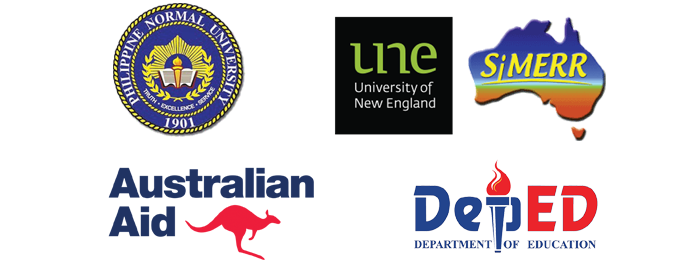RCTQ’s statement on the EDCOM II Year One Report
29 January 2024
The Second Congressional Commission on Education (EDCOM II) underscored an education crisis in its Year One Report titled Miseducation: The Failed System of Philippine Education. The Report identified challenges that contribute to poor learning outcomes, which include
- ineffective coordination among interagency bodies;
- overburdening of teachers with administrative tasks; and
- weak quality assurance in teacher education institutions and licensure examinations.
The Research Center for Teacher Quality (RCTQ) resolves to align research efforts with EDCOM II’s recommendations, particularly in basic and teacher education. This commitment includes prioritizing ongoing projects that contribute to policy development.
Firstly, RCTQ commits to assisting the currently dormant Teacher Education Council (TEC), highlighted by EDCOM II as having been “at a standstill for 2 years, despite the pressing need for reforms.” The role of TEC demands systems thinking. The complementarity of three government agencies– Department of Education (DepEd), Commission on Higher Education (CHED), and Professional Regulation Commission (PRC) – is significant in managing and delivering coordinated results for teacher education and development.
Should TEC embark on its full operationalization and begin to lay out its directions as mandated by the law, RCTQ will provide technical assistance or evidence-based research intended for the development of policies relevant to pre-service and in-service teachers. One particular concern is the development of a system of recognition for affirming the career stages of professional teachers.
Secondly, RCTQ pledges to offer continuous help DepEd in giving support to in-service teachers. As EDCOM II reported, “teachers still bear the burden of administrative and ancillary tasks, despite efforts to allow them to focus on teaching”.
Currently, a study being conducted by RCTQ and the DepEd Bureau of Human Resource and Organizational Development focuses on the school structure and staffing standards. When the results have been collected and analyzed, the study will offer a basis for developing a unified system for staffing, thus identifying and supporting the removal of non-teaching tasks from teachers.
Lastly, RCTQ commits to provide evidence-based policy advice to CHED and PRC on matters relating to the quality of pre-service teacher education.
In the case of CHED and teacher education institutions (TEIs), EDCOM II identified the need for the policies, standards and guidelines (PSGs) of the different teacher education programs “to ensure that the specializations match the needs of schools and learners.” RCTQ believes that a comprehensive survey of all TEIs nationwide is important. Such research should include
- numbers of enrollees and graduates for each program;
- passing rate in the licensure examination, and
- other quality assurance assessments of its graduates.
Such data should help further jumpstart the alignment of TEIs with the needs of DepEd being the main employer of TEIs’ graduates.
In the case of PRC, EDCOM II’s directions support the conduct of an independent study to assess the validity and reliability of PRC’s Board Licensure Examination for Professional Teachers (BLEPT), and amend RA 7836 or the Teachers Professionalization Act.
This convergence of efforts between EDCOM II and RCTQ reflects a promising step towards addressing the current educational crisis and ushering in a new era of excellence and effectiveness in Philippine education. As these challenges are navigated by key stakeholders, the collaboration between policymakers, educators, and research institutions becomes pivotal in realizing a future where quality education becomes an accessible reality for every Filipino learner.

